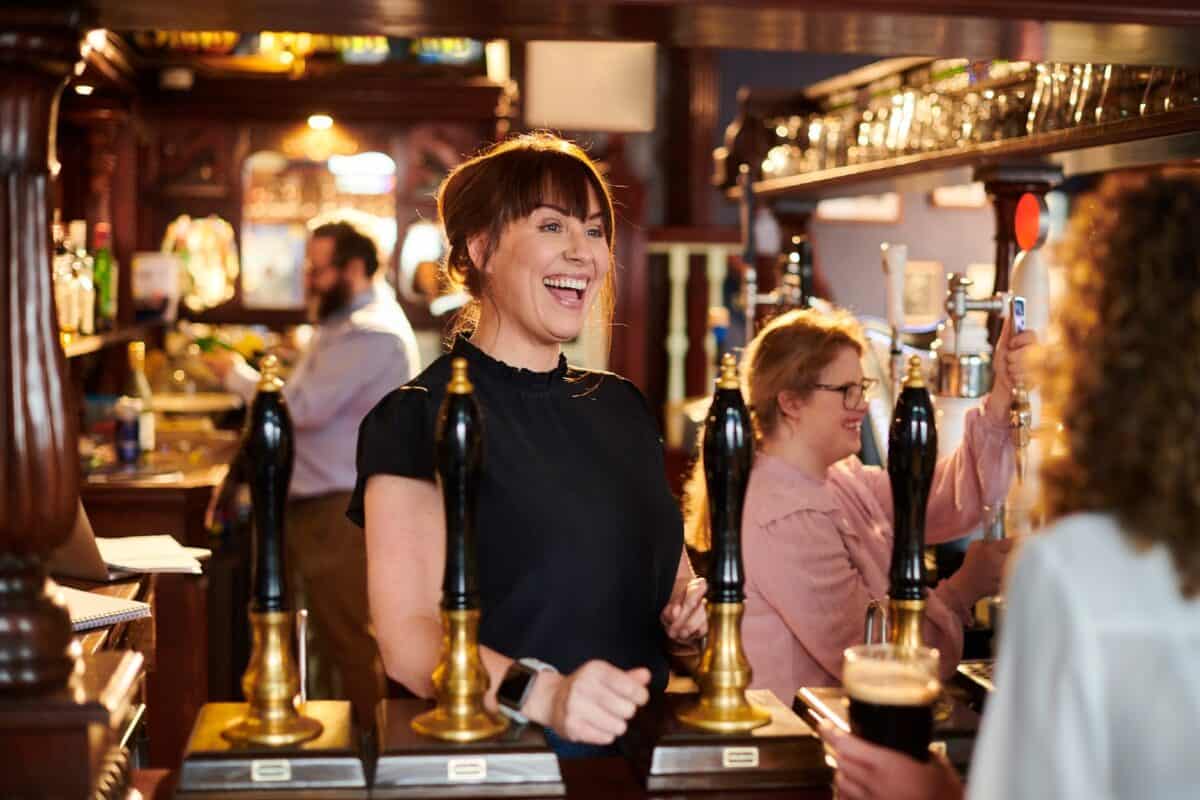Image source: Getty Images
The allure of a penny stock can be intoxicating for some novice investors. Often, the low price per share gives the illusion of affordability, making it easier for individuals with limited capital to invest.
In other words, an investor with £200 might prefer to buy 1,000 shares of a 20p stock rather than 2 shares of a FTSE 100 stock that’s trading for £100. They might equate a low share price (20p) with being ‘cheap’, and a high price (£100) with being ‘expensive’.
However, judging a stock based on price alone is a common pitfall that investors should avoid.
Focus on fundamentals
A company’s market cap is calculated by multiplying its share price by its shares outstanding.
For example, Lloyds‘ share price is 54p. Yet it’s certainly no penny stock. In fact, with a hefty £33bn market cap, it’s the 20th-largest firm listed in London. All this tells us is that the bank has a huge number of shares knocking about (around 60bn in fact).
In contrast, Judges Scientific is a small AIM-listed company specialising in scientific instruments. Despite having just a £577m market cap, making Lloyds roughly 57 times larger, Judges Scientific’s share price is 8,700p (£87). There are far fewer shares.
In this case, an investor with £200 can either buy 370 shares of Lloyds or 2 shares of Judges Scientific (costing £174). However, what truly matters is the underlying business, its growth potential, and prospects for future profits — not whether the share price appears high or low.
Valuation
Next, valuation is crucial to consider. As Warren Buffett says: “Price is what you pay, value is what you get.”
A 20p stock might end up eye-wateringly expensive (a terrible investment), while the £100 stock could prove to be an absolute steal. And vice versa.
A cheap UK small-cap
I have a 19p small-cap stock in my own portfolio. It’s called hVIVO (LSE: HVO). The £133m firm is a leader in the testing of infectious diseases using human challenge studies. This is where healthy volunteers are infected with a pathogen to study disease progression and the effectiveness of a potential treatment.
hVIVO has its own state-of-the-art quarantine facility and recruits volunteers through its FluCamp platform. It works with four of the top 10 global pharmaceutical companies and is growing nicely.
Unfortunately, the share price has slumped 34% since mid-November (although it’s still up 285% in five years). The main reason for this hammering appears to be Donald Trump’s nomination of vaccine-sceptic Robert Kennedy Jr to lead the Department of Health and Human Services.
The risk here is that his appointment could lead to less funding for vaccine research and development, potentially impacting hVIVO’s growth trajectory.
However, this is speculation and Kennedy might not even get the job. On 17 December, vaccine giant Pfizer said it doesn’t expect any major policy changes around vaccinations in 2025.
Meanwhile, hVIVO recently signed an £11.5m contract with a top-tier pharma client to test an antiviral for respiratory syncytial virus (RSV). It also reaffirmed full-year revenue guidance of £62m, and is targeting £100m by 2028.
After this slump, the stock is trading on a forward price-to-earnings (P/E) ratio of just 11.7. That looks very cheap to me, which is why I’ll be snapping up a few more shares in January.
Credit: Source link














